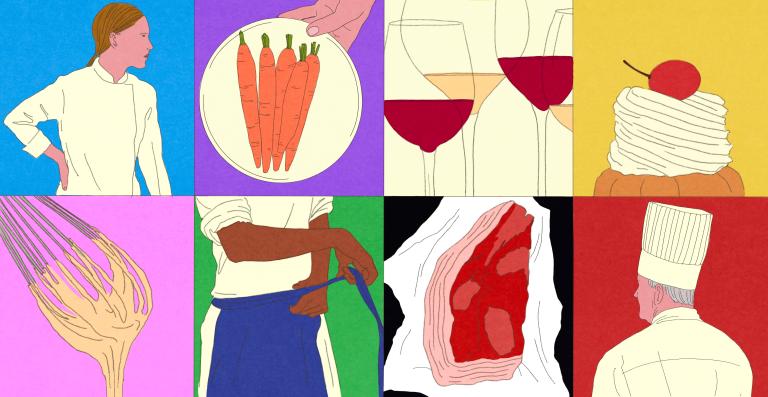Last time a president had the occasion to name a deputy USDA secretary, I had a rhetorical cow, man. Back in 2005, President Bush chose Chuck Conner, a man who had previously worked as a flack for Archer Daniels Midland, for that position. Could Bush have made a more explicit bow to the gods of agribusiness?
President Obama suddenly seems intent on blazing a new path for USDA. Sure, he picked a farm-state governor with ties to the ethanol and biotech industries as USDA chief. But that’s almost reflexive in our political system. The key question became: who would he pick as the deputy — the official who typically gets things done and sets the tone for the department? Would he pick a corn-fed flack, like Bush did? Another go-along to get-along type in the Vilsack mode? Or a real reformer?
Obama chose Kathleen Merrigan, director of the Agriculture, Food and Environment Program at Tufts. From what I can tell at first blush, she’s a real reformer.
In the sustainable-ag community, the reaction has been near euphoric. Merrigan has made the “sustainable dozen” list of deputy secretary candidates put forward by Iowa-based Food Democracy Now.
The activist chef Dan Barber, of Blue Hill and Blue Hill at Stone Barns, described Merrigan like this in an email to me: “Kathleen’s incredible… She’s smart, dedicated, and ferocious. We couldn’t have a better advocate I don’t think. Very big news….” Several lesser-known sustainable-ag folks echoed that sentiment in emails.
Writing about Merrigan on his blog last year — when Merrigan was being considered for a lower USDA post — Organic Inc author Sam Fromartz wrote this:
I first heard about Merrigan while working on Organic Inc., looking into the origins of the Organic Food and Production Act of 1990 and sustainable agriculture policy. She was mentioned repeatedly by people I talked to, because as a senate staffer for Sen. Patrick Leahy of Vermont, Merrigan had drafted the organic law. She then went on to work at the USDA’s agricultural marketing service (AMS), which runs the organic program. Even before then, she was involved in sustainable agriculture policy and has been ever since — in organics, conservation, food access, and small farm issues. While Pollan helped put these issues onto the national agenda, people like Merrigan have long been doing the wonky policy work.
Her CV [PDF] brims with impressive entries. I especially appreciate her time as a special assistant at the Texas Department of Agriculture in 1986-’87. At the time, Jim Hightower was the far-sighted, ahead-of-his-time Texas ag commissioner. (Hightower was swept out of office in 1991, in the same tide that put a certain failed oil exec/baseball-team owner into the governor’s mansion.)


